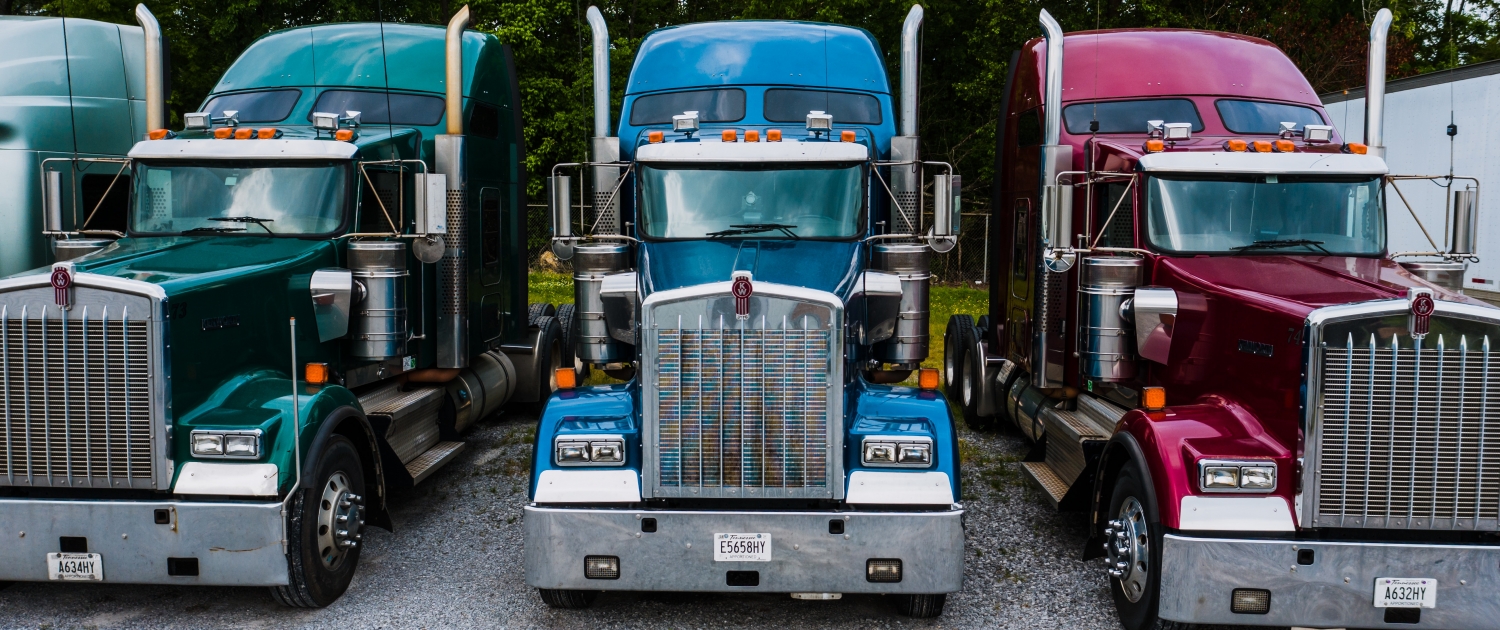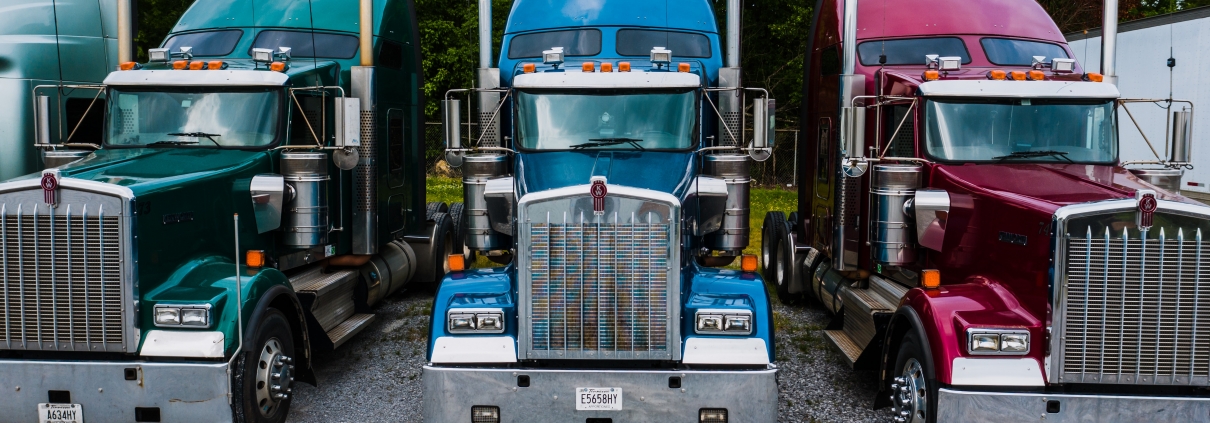
If you’ve been around trucking long enough, you’ve definitely heard the words “forced dispatch” even if they weren’t directed at you. Drivers often have a strong reaction to forced dispatch (for good reason), and we want to make sure you have all the details to protect yourself AND keep a good relationship with your dispatcher.
1. What Is Forced Dispatch?
Forced dispatch, in simple terms, means that a company says that a driver MUST take a load. If a truck driver is unable to take a load or has legitimate reasons that they do not want to take the load, companies that force dispatch say, “Take it anyway.”
In the early to mid-1900s, the Teamsters union worked hard to eliminate forced dispatch. In the early days of trucking, forced dispatch was more common. The Teamsters made a lot of progress and it became much less common. Unfortunately, as the Teamsters have become less powerful, there is a rise in companies forcing dispatch again, and it is making a comeback.
2. The Bottom Line
We’re jumping ahead a little bit here, but this is important. If you remember nothing else from this article, remember this part. Forced dispatch and driver coercion are illegal. Unfortunately, that does not mean it doesn’t happen. With forced dispatch, there can be a lot of pressure from dispatchers to take a load even when it’s not safe for you. Protect yourself as a professional driver.
Forced dispatch and driver coercion are illegal. Protect yourself. If you cannot safely take a load, turn it down.
Once you’re behind the wheel, safety is your responsibility. So, if you cannot safely take a load, turn it down. If there is backlash from the company, document the incident with the FMCSA. Forced dispatch is illegal and you have to keep yourself safe. That said, be careful about turning down loads. Have legitimate reasons and always be polite and professional.
3. When Should You Refuse A Load?
As a driver, the most important thing to do is protect yourself. So, when is it reasonable to refuse a load? There are several completely legitimate reasons to refuse a load. The first is mechanical issues. If your truck is not in safe condition to drive, don’t take the load. Similarly, if YOU are not in a safe condition to drive because of illness or exhaustion, don’t take the load. If taking the load will put you in violation of HOS rules, that’s another good reason to refuse the load. Remember, ultimately, once you take the load, it’s the driver’s responsibility to deliver the load safely. So, if you know before you leave that you won’t be able to deliver the load safely, don’t take it.
There may be times that you don’t want to take a load, but because you don’t feel like it is not a legitimate reason on its own. If your dispatcher feels like you turn down a lot of loads or that your reasons aren’t legitimate, making you happy with good loads might not be a priority for them. So, make sure your reasons are good when you refuse loads.
4. The FMCSA Has Your Back
 With the decline of the Teamsters, there was a rise in forced dispatch again. Luckily, a few years ago, the FMCSA issued a ruling that penalizes companies who unsafely force dispatch on drivers. Companies can face up to a $16,000 fine if they are in violation of this ruling. If you have a coercion or forced dispatch complaint, file your complaint in writing to your Division Office or online through the National Consumer Complaint Database. Be prepared to share ELOGS and a clear message about why you are refusing the load. If the FMCSA decides the complaint is valid, they will follow up with action against the company.
With the decline of the Teamsters, there was a rise in forced dispatch again. Luckily, a few years ago, the FMCSA issued a ruling that penalizes companies who unsafely force dispatch on drivers. Companies can face up to a $16,000 fine if they are in violation of this ruling. If you have a coercion or forced dispatch complaint, file your complaint in writing to your Division Office or online through the National Consumer Complaint Database. Be prepared to share ELOGS and a clear message about why you are refusing the load. If the FMCSA decides the complaint is valid, they will follow up with action against the company.
5. Is Forced Dispatch A Big Deal?
Ultimately, whether or not forced dispatch is a problem in your company will depend on the driver and the company. Some drivers say that it isn’t a problem in their company. Others hate it. Your reaction will probably depend a bit on your driving philosophy. If you are very particular about your loads, you may feel dispatchers are forcing you into loads you don’t want. On the other hand, if the company is not abusing forced dispatch, drivers who are open-minded about their loads may never run into a bad dispatch situation. It really comes down to whether the company is taking advantage of drivers by unsafely using forced dispatch. Make sure you find a company that is a good fit for you.
The FMCSA made unsafe forced dispatch and driver coercion illegal. Protect yourself as a driver. Make safe decisions about when you are able to safely deliver a load and when you are not. If you have a complaint, send it to the FMCSA to deal with any company that violates their rule.
STAY UPDATED ON INDUSTRY TRENDS AND BEST PRACTICES
Join our community of over 150,000 drivers who receive our updates.





